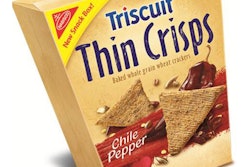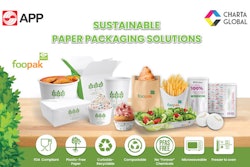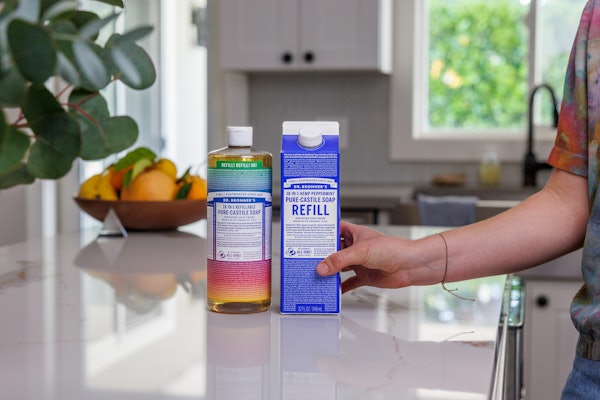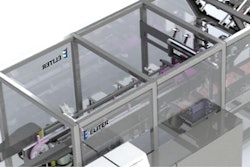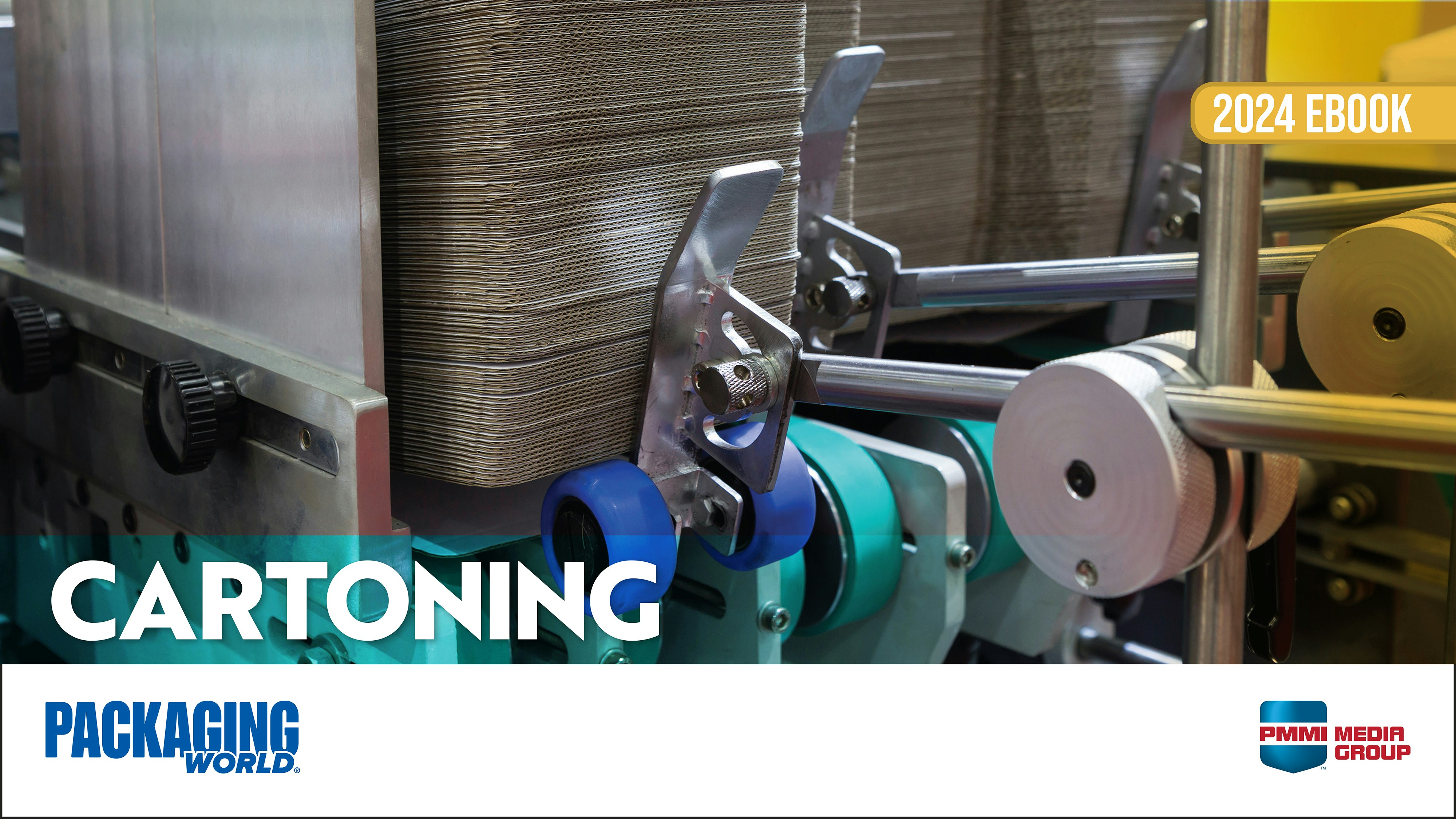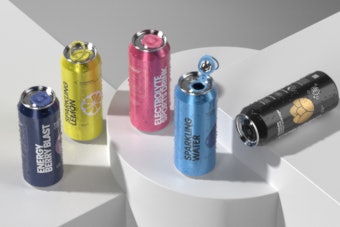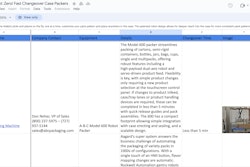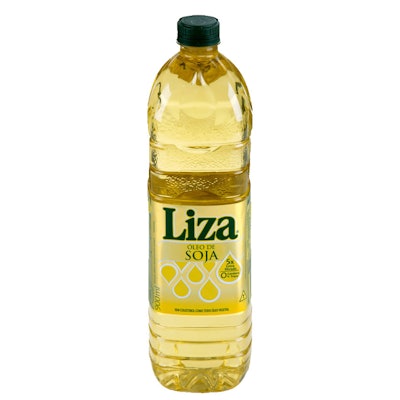
After having converted in western Europe their 29/21 neck finish PET bottles into lighter-weight 26/21 versions using closures from Bericap, Cargill is continuing its commitment to sustainability by converting to 26/21 lightweight PET neck finish in Brazil.
Since December 2010, Bericap Brazil has supplied its CTC IP 26/13 closure with a specific inserted pourer. As a result, Cargill has reduced its carbon footprint and enjoyed resin cost savings on closure and neck finishes. And by using smaller caps that allow more pieces per box, the company is also saving in transportation costs, and in operational costs as more pieces per box reduces the number of operations required to feed the line.
Cargill’s move highlights the company’s commitment to lightweighting while maintaining high quality and functionality for its edible oil. The closures are also designed to be easy to apply on high-speed packaging lines. The new-generation closures offer tamper-evidence with tear-off band, tightness with a robust inserted pourer, consumer-friendly usage with hinge and a dripless feature that allows the bottle to remain clean after multiple uses.
Bericap reports that in large parts of the edible oil industry, the standard 29/21 neck weighing 2.74 g is used for 1-L PET bottles. This neck size was developed at a time when plastic closures were meant to fit both glass bottles and PET bottles. Today, it says, edible oil is predominantly packed in PET bottles, so the supplier has developed a range of closures for a 26-mm neck diameter to reduce costs and materials. The new closure neck weighs 1.37 g. The inner diameter of the new neck is identical to the previous 29-mm diameter, eliminating the need for filling nozzle modifications while maintaining the same flow rate.


